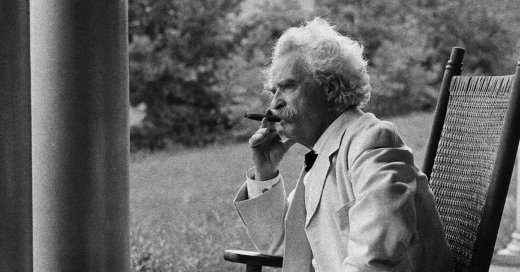Moundville Archaeological Park is located in Moundville,
Alabama. The Moundville archaeological site, occupied from around A.D. 1000
until A.D. 1450, was a large settlement of Mississippian culture on the Black
Warrior River in west-central Alabama. The community took the form of a three
hundred-acre village, containing twenty-six earthen mounds, built on a bluff
overlooking the river.
 The book Behind the Mounds by Lona Mae Wilson, published
in 1963, tells the story of the Mounds as well as presenting other fascinating
material about the them such as the poem below.
The book Behind the Mounds by Lona Mae Wilson, published
in 1963, tells the story of the Mounds as well as presenting other fascinating
material about the them such as the poem below.
In April 1935, with
the cooperation of the Hale County Schools, University of Alabama, and CCC Camp
#444, the Hale County Historical Society presented on Mound B, the pageant,
“Children of the Sun God”. (Below is the prologue to the pageant, which may be read in full in Behind the Mounds).
 |
| Moundville Archaeological Park, as seen from one of the largest mounds |
The Children of the Sun God
By Clara Powers and Sue Ellen Moore
In the remote past so far distant
That time itself seems without reckoning
Great Hordes of people left their Northern
Asiatic shores
To seek new homes across the strait
We now call Bering.
Their purpose must remain unknown:
Possibly a warmer climate: perhaps more
fertile soil,
Perchance to seek the “Fair God.”
Sufficient it is for us
That they came.
Nor did the trek end on Alaskan
shores.
Now, slow, aloof, remote
The walls of the purple, blue
Rockies darken their path.
From afar the streams
Flow south and east
Making confluence with he great
Mississippi –
“Father of waters” the Indians
Have called him.
The forest abode
Rank beyond rank, unaltered, under
the sky.
There was in this land no road,
Nor path, nor trail
Save where the bronzed moccasin
Sought shelter frail.
The forest kept
Its secrets hidden behind a
rampart of dense trees
Unhewn by axemen,
Still in the rains of April, loud in
The Autumn Breeze,
By river, plain, or hill.
Forth from that region they went
To sun-set faced:
They rode past marsh and plain
Through forest of pine, somber
with rain;
Through groves of oaks up-rooted
By storms;
Through swamp and over prairie,
On and on.
League after league, day upon
endless day
Through more lofty mountains where
The deer
Browsed in the dreary dawn till
The hills
Rolled off at last, --they saw
An empty plain
A pale, wild river snaking
Over its heart
Wide fields of burnt earth linking
Sky to sky
And here they rested by the Ohio.
Year after year, the clouds sailed
Up from the South
To signal the winter’s going; through
The blue skies
The cardinal flitted northward year
On year.
Walking with thunder-shoes the
Rains remote
Came storming from the Gulf
Athwart the trees.
Under that various striving called life
These people lived and moved
And had their being—
Birth, wooing, warring, death—
All in their time.
The rain across the corn! The
Burial Mound
Piled high; the joy, the grief,
The hope, the fear!
So it went, year on changeless
Year.
Then suddenly as the winter
Once more changed
Its face, and over the somber maze
Of branches,
There drifted tender lace of greening
Spring.
A loud, clear call to journey
Far to South
Was felt by those stout hearts.
Courage was theirs and undying faith
That kindles other’s courage, makes
It new.
Out of the night they came
Out of the North
“Paddle to paddle spoke”
Into the heart of the South
Trailing the lilies past
From the wild Ohioan lees
To where magnolia swamps
Lift to the balmy sky
Their challiced buds of green.
Here they paused
On Warrior’s sunny shores
To build these Mounds—
Homes they were—and temples
Their worship to fulfill.










